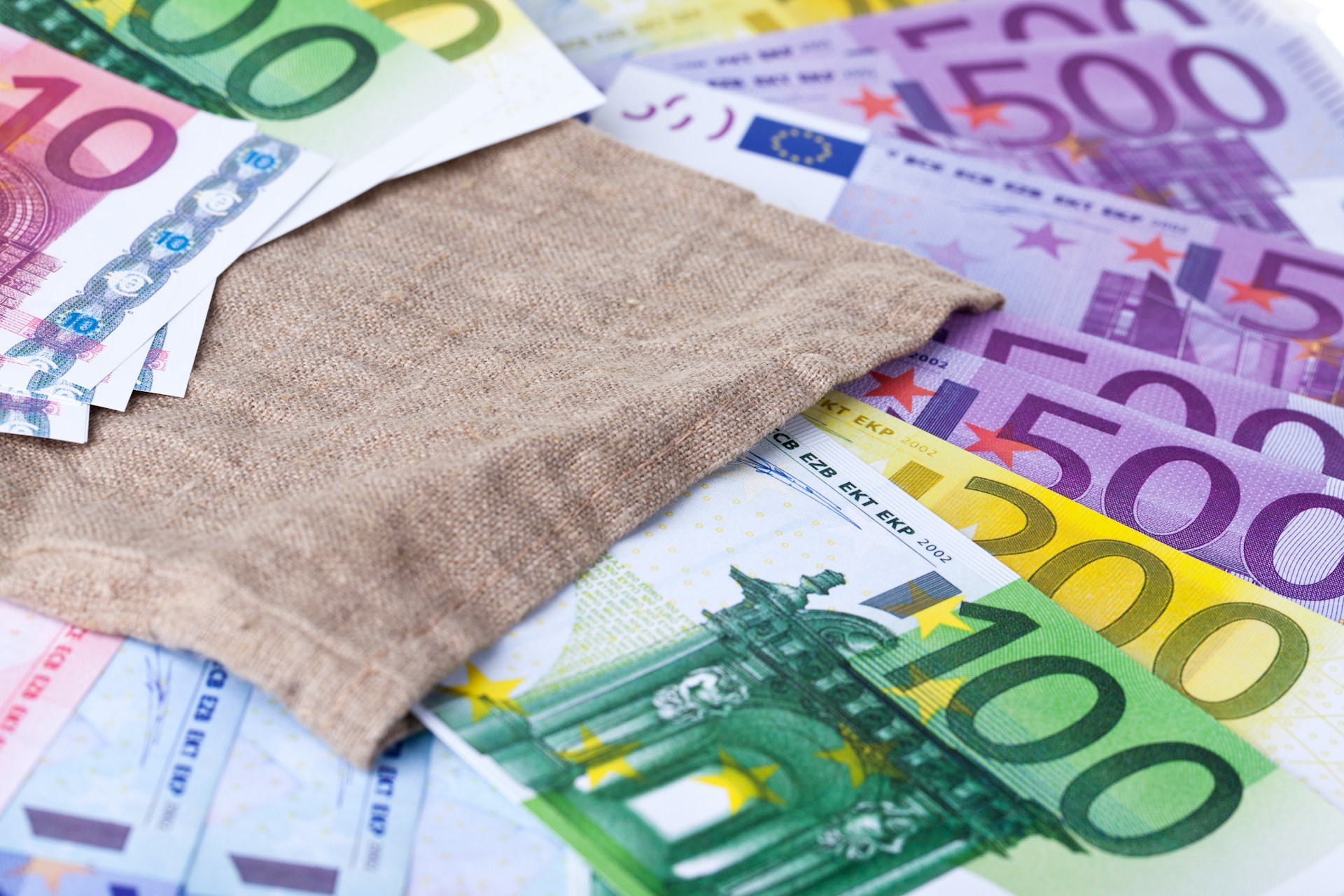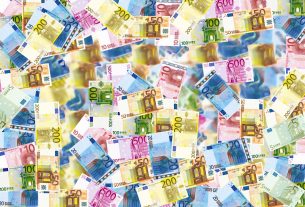The DAX manages to avoid further declines at the start of the week, yet a robust recovery is not in sight. Political and economic uncertainties dominate the market sentiment.
After a promising start to the trading day, the DAX slipped back again. Currently, it shows a modest gain of just 0.2% at 18,040 points. Portfolio manager Thomas Altmann of QC Partners warns that if the recovery of the German benchmark index fails and the 18,000-point mark is consistently breached, the mood could “significantly worsen.” Last Friday, the German index fell by 1.4% to 18,002 points, losing 3.7% over two days.
“Since mid-May, the DAX has lost over 1,000 points,” writes Jochen Stanzl, market expert at CMC Markets, in his daily commentary. “Not only a trade dispute with China but also an internal European conflict over the imposed tariffs on Chinese electric vehicles is brewing. The upcoming elections in France add further to the uncertainty,” he observes.
Market Likely to Remain Volatile
Investors seem to consider these issues as serious, as the anticipated vigorous counter-movement has yet to materialize. Christian Barth, a fund manager at Fugger Privatbank, notes that the consolidation in European markets is accelerating. “As long as the French election remains in focus, stocks are likely to develop rather cautiously.”
For the coming days, the stock market situation is expected to remain tense: “Investors should brace for significantly more market fluctuations until the election and in the following weeks,” comments Ulrich Stephan, chief investment strategist for private and corporate clients at Deutsche Bank. “However, many expectations and concerns might already be priced into the stock and bond markets.”
China’s Industrial Production Falls Short of Expectations
Recent economic data from China may also disappoint investors due to the German economy’s export orientation: China’s industrial production weakened in May, falling short of analysts’ expectations. It increased by 5.6% year-on-year but slowed from 6.7% in April, according to official data from the National Bureau of Statistics (NBS).
On a positive note, retail sales surprised on the upside. They rose by 3.7% in May, 1.4 percentage points higher than in April. Analysts had only expected an increase of 3.0%.
Euro Remains Stable
The Euro’s exchange rate has stabilized this morning. The single currency stood at $1.0705, having dropped to its lowest level since early May on Friday. The European Central Bank (ECB) had set the reference rate at $1.0686 at the close of the week.



